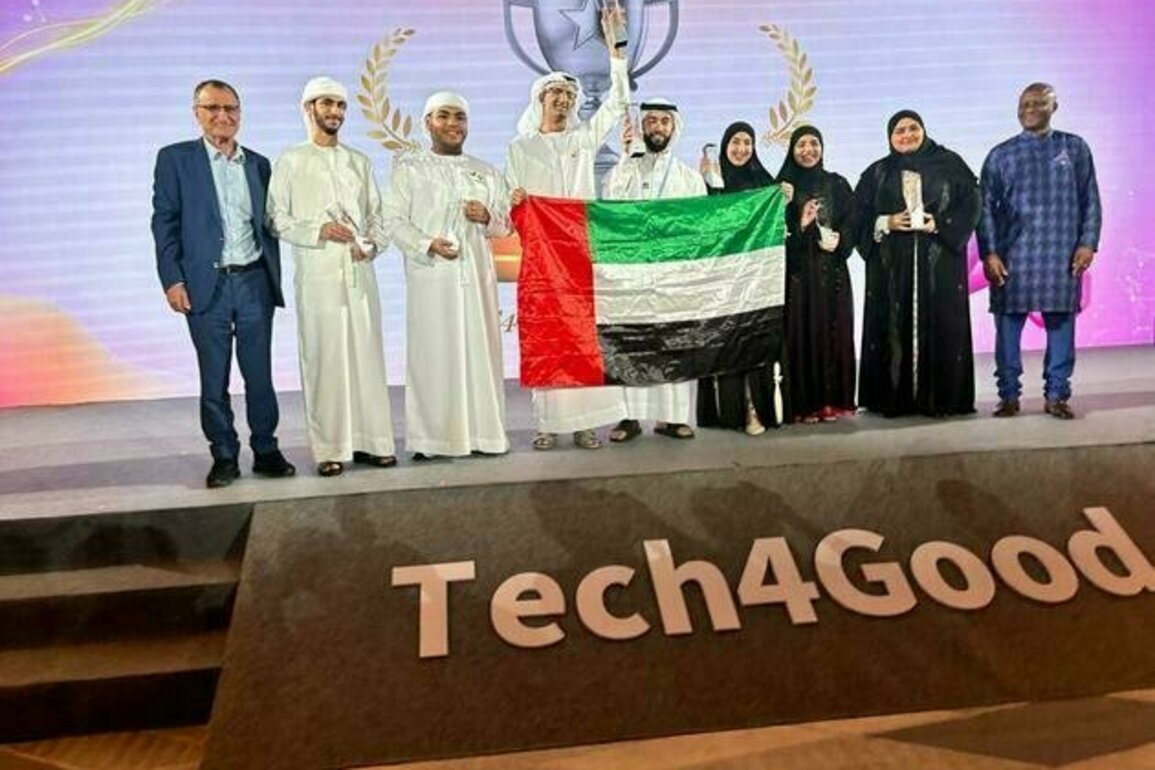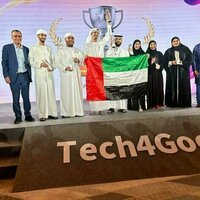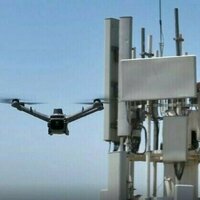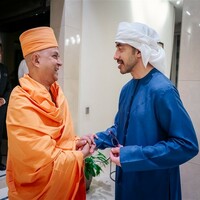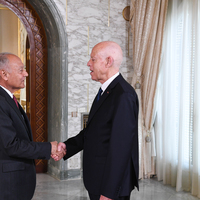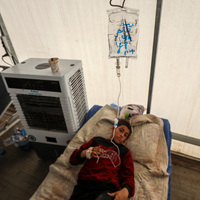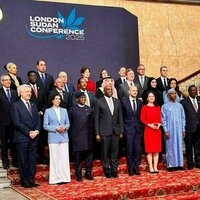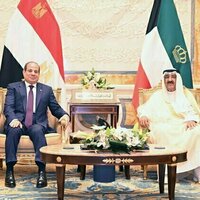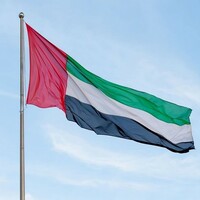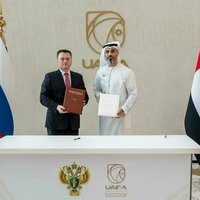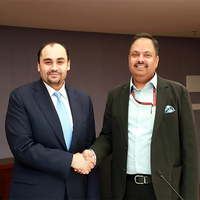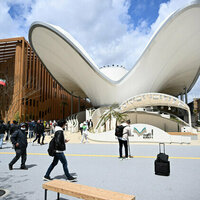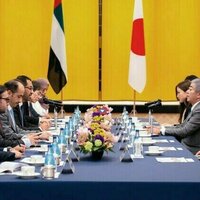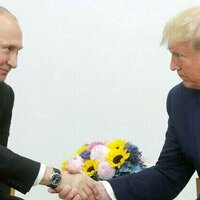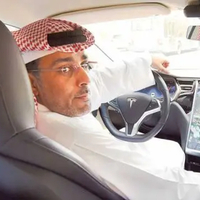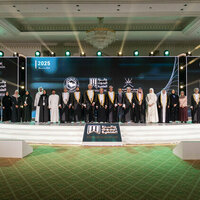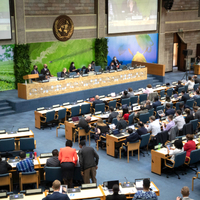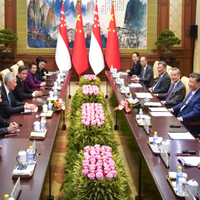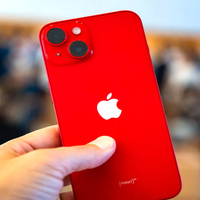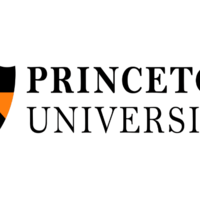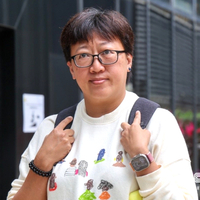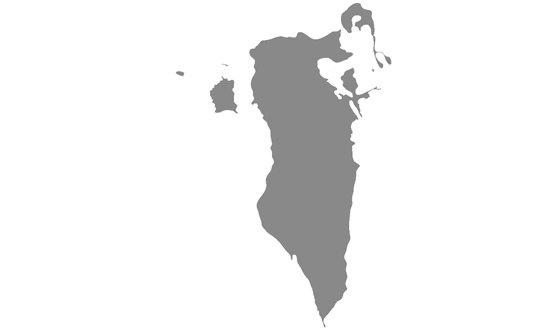DUBAI, 16th April, 2025 (WAM) -- A team of university students from the UAE has successfully developed an innovative and practical device designed to assist stroke patients with impaired hand movement, aiming to support their independence in daily life.
The team won second place in the Huawei Tech4Good Global Competition 2025, held in Shenzhen, China, and was selected among the top 12 finalist teams worldwide.
The winning team comprised seven distinguished students: Sultan Al Samaj, Maryam Al Dhaheri, Muna Al Qaidi, Fatima Al Hammadi, Hamad Al Marzouqi, Ali Zainal and Ahmed Al Muhairi. The team was honourarily chaired and supervised by Prof Dr Wathiq Mansoor, Dean of the College of Engineering and IT at the University of Dubai.
Dr. Eesa Al Bastaki, President of the University of Dubai, congratulated the UAE university team on securing second place in the global competition, with special recognition to Sultan Al Samaj, a University of Dubai student who led the team. He affirmed that this achievement reflects the competence and excellence of Emirati youth across various scientific domains.
He also underlined the importance of innovation, creativity and the UAE's dedication to scientific research, technological advancement and artificial intelligence, while preparing a new generation of youth equipped with advanced technological skills to meet future demands.
Prof. Dr. Wathiq Mansoor noted that this notable accomplishment underscores the innovation and global competitiveness of UAE students, adding, "It is a proud moment for the UAE to be among the top two teams globally in this prestigious competition, which forms part of the Seeds for the Future initiative."
He highlighted that despite challenges in balancing academic responsibilities with project development-particularly regarding time management, funding and technical resources-the team's strong collaboration, team spirit and continuous mentor support enabled significant progress.
The team's journey began with their participation in the Tech4Good Regional Competition in Uzbekistan in 2024, where they secured second place in the regional semi-finals held in Tashkent. This success qualified them for the global finals in China, where they competed against elite international teams.
The project integrates cutting-edge technologies such as 3D scanning and printing, Bluetooth connectivity and mobile applications to produce a device tailored to the specific needs of stroke patients.
Currently, the team is working on refining the device prototype based on feedback from mentors, peers and experts. They have started 3D printing the device and testing its electronic components. Additionally, they have initiated collaborations with the Ministry of Health and hospitals across the UAE to obtain medical insights that ensure the device's efficiency and user-friendliness.





